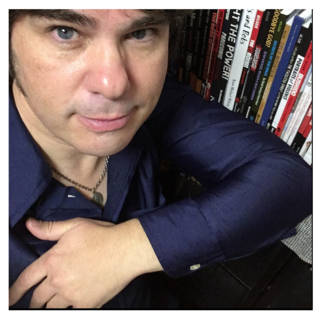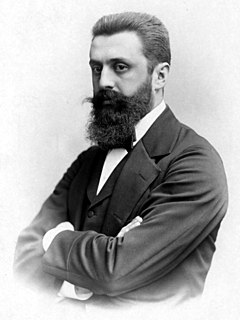A Quote by Sean Michael Wilson
An aspect of 'post-modern' approach to history is to include the mistakes and the prejudices of the era, without modernizing them or 'correcting' them according to our modern ideals.
Related Quotes
Once you get past the grand normative claims made in the West for literature, especially the novel, in the post-Christian era - that it is a secular substitute for religion, hallmark of modern civilization, a priori liberal and cosmopolitan, with authors appearing to implicitly embody such pious ideals - you encounter a less agreeable reality: parochialism, blinkered views, even racial prejudices of the kind the bourgeoisie have held everywhere.
Some experts say we are moving back to the pre-antibiotic era. No. This will be a post-antibiotic era. In terms of new replacement antibiotics, the pipeline is virtually dry. A post-antibiotic era means, in effect, an end to modern medicine as we know it. Things as common as strep throat or a child's scratched knee could once again kill.
The idea that we live in a post-modern culture is a myth. In fact a post-modern culture is an impossibility; it would be utterly unlivable. Nobody is a post-modernist when it comes to reading the labels on a medicine bottle versus a box of rat poison! You better believe that texts have objective meaning!
The complaint about modern steel furniture, modern glass houses, modern red bars and modern streamlined trains and cars is that all these objets modernize, while adequate and amusing in themselves, tend to make the people who use them look dated. It is an honest criticism. The human race has done nothing much about changing its own appearance to conform to the form and texture of its appurtenances.
It seems to be the modern Canadian approach to Indigenous people: rather than deny their problems or accuse them of creating them through their own laziness, which was how my parents' generation dealt with the question, we now smother them with humid apologies and abnegation, but not actual compensation.
Don't neglect your critical faculties. Remember that God is a rational God, who has made us in His own image. God invites and expects us to explore His double revelation, in nature and Scripture, with the minds He has given us, and to go on in the development of a Christian mind to apply His marvellous revealed truth to every aspect of the modern and post-modern world.






































